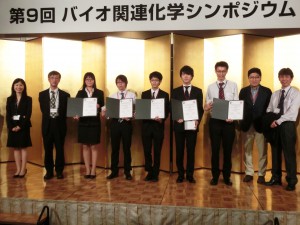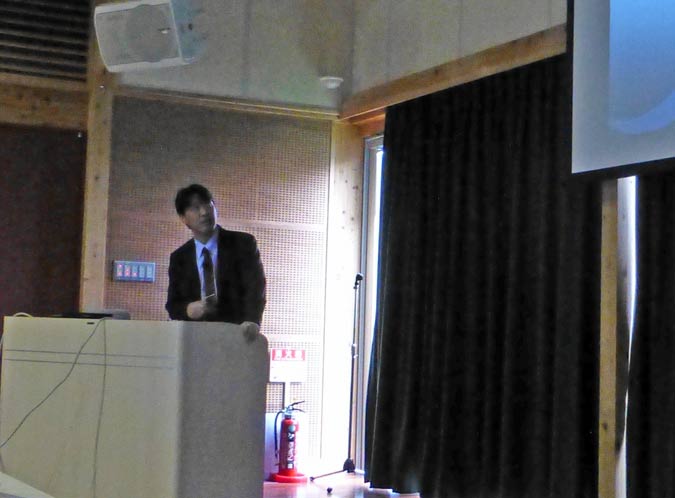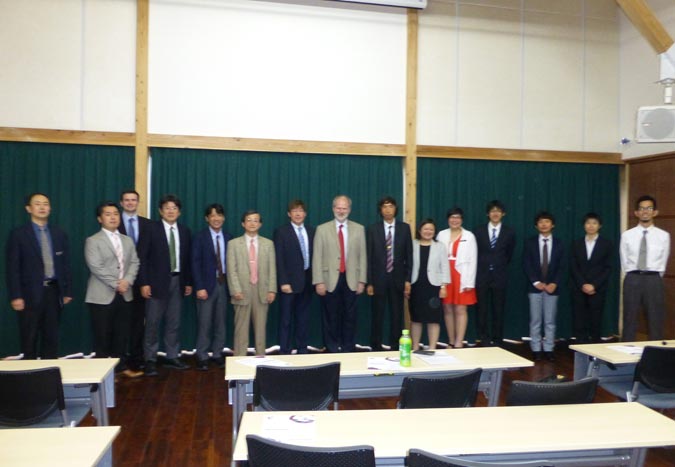The 2016 RSC Prizes and Awards are now open for nomination!
Nominations will close on 15 January 2016.
For more than 140 years, our Prizes and Awards programme has been acknowledging and celebrating exceptional talent in the chemical sciences, and with your support we are hoping that 2016 will even more successful!
Last year’s winners include Chemists such as Prof. Wilfred van der Donk (University of Illinois), Prof. Tim Donohoe (University of Oxford), Prof. Shuli You (Shanghai Institute of Organic Chemistry), Prof. Philip Gale (University of Southampton), Prof. Herman Overkleeft (Leiden University), Prof. Alison Ashcroft and Prof. Sheena Radford (University of Leeds).
This year we have 63 prizes and awards open for nominations of individuals, teams and organisations covering the breadth of the chemical sciences across academia, education and industry.
This year’s prizes in the field of Organic Chemistry & Chemical Biology include:
CBID (Chemistry Biology Interface Division) awards –
- George & Christine Sosnovsky Award in Cancer Therapy
- Jeremy Knowles Award
- Khorana Prize
- Norman Heatley Award
- Rita & John Cornforth Award
Organic Awards –
- Bader Award
- Bioorganic Chemistry Award
- Catalysis in Organic Chemistry Award
- Charles Rees Award
- Hickinbottom Award
- Merck Award
- Natural Product Chemistry Award
- Pedler Award
- Robert Robinson Award
- Sir Derek Barton Gold Medal
- Supramolecular Chemistry Award (Organic & Inorganic)
For 2016 our Longstaff Prize is also open – since 1881 we have awarded this prize once every three years to one of our members who has achieved the most to advance the science of chemistry.






















